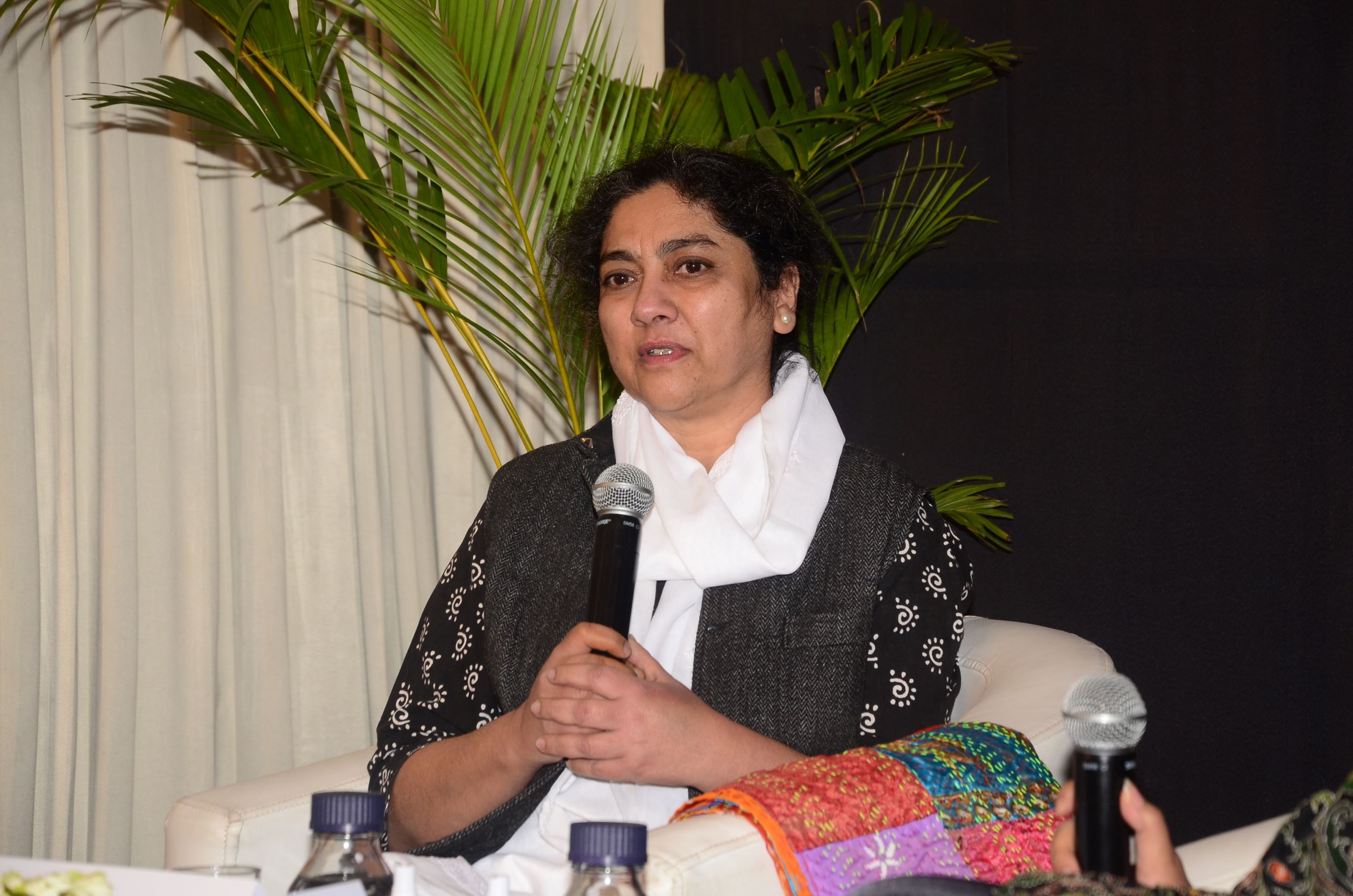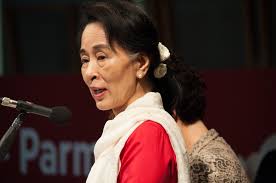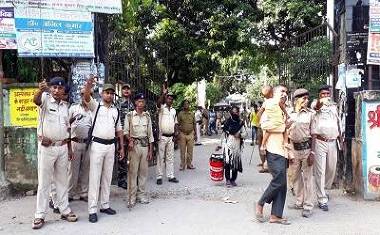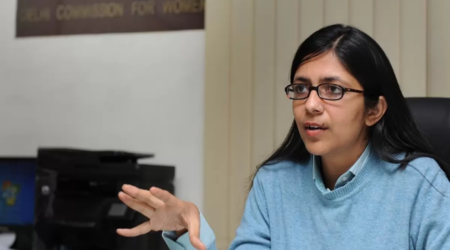New Delhi: The last day of Prabha Khaitan Foundation’s Kitaab Festival was a power-packed day at India International Centre as Daman Singh’s new book ASYLUM was released on December 17. The release of the book was followed by a gripping conversation of Priyanshi Patel, Ehsaas woman of Ahmedabad with Daman Singh on the subject of the book, mental illness in India.
During the course of a riveting conversation, Daman Singh when asked what intrigued her to write a book on mental healthcare, she said, “It started just as an interest in psychology and then over the period of time it grew stronger and became an idea to write. It was difficult to write this book. And It took her 4 years to complete it.”
“There is a lot of taboo around the term “mental illness” and we don’t talk about it as openly and as often as we should. Her book is not about mental illness or how to deal with it but it is the story of how mental health care in India evolved over the last 125 years. It is a story that starts with a mental hospital in the country and it brings us up to date. In today’s India mental hospitals are a very tiny part of the healthcare landscape,” Singh said.
The session buzzed around history and the current status of the mental health system in India. Her book includes data and studies dating back to 18 century. Revealing more about her book she said that In the 18 century, Asylums were set up for the insane, as the word was commonly in use, across British India. These asylums were dark, dreary, and oppressive places. These were places meant to confine and control the mentally ill in some parts of the world in the 19th century when an alternative way of thinking had emerged. It was felt that insanity is not something supernatural influenced by the planets or by evil forces or occult. It is like any physical ailment. It is something that happens within the body and just like we treat physical ailments we should also treat mental ailments. That sort of thinking led to changes in different parts of the world and asylums began to be reimagined or redeveloped as mental hospitals.”
Singh’s dialogues invoked endless discussions and confabulation with the intent to understand the mental health care system with a comprehensive perspective.











